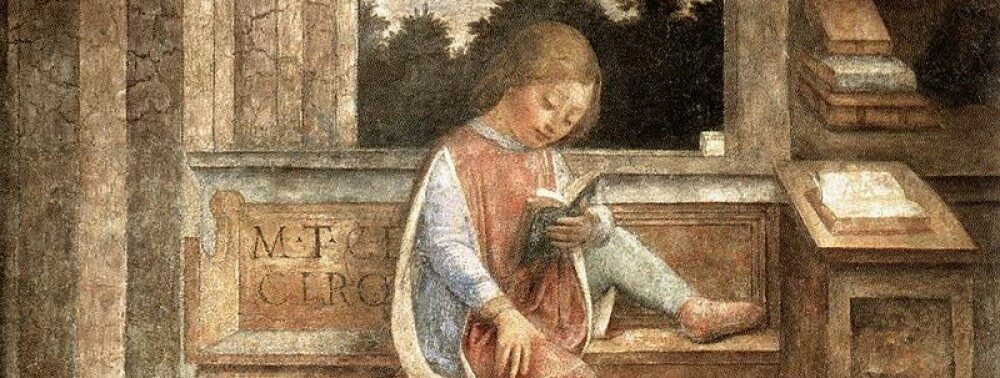
- Cet évènement est passé.
Appel à contribution (jusqu’au 31/01/2024) pour la 24e NeoLatina conference Freiburg, 27-28 juin 2024
31 janvier 2024
Call for papers (full version at https://www.altphil.uni-freiburg.de/termine/neolatina2024)
24th NeoLatina conference, Freiburg, 27-28 June 2024
THE AFTERLIFE OF NEO-LATIN LITERATURE
The importance of ancient Greek and Roman literature for post-antique history and culture is beyond doubt. From philosophy, which was said to be only a footnote to Plato, to Virgil, the so-called father of the West, ancient traditions and receptions are gratefully acknowledged and explored. Neo-Latin literature, on the other hand, tends to be seen as important, if at all, only for its own time. Accordingly, Latin literature from Petrarch to the 18th century would be a historically interesting but closed episode without any significant consequences. Decades of research into Neo-Latin, however, have brought to light many traces that can correct this picture. The conference « The Afterlife of Neo-Latin Literature » aims to record and extend these traces, thus providing a basis for further work on the subject. The term ‘afterlife’ here refers to echoes or receptions of Neo-Latin literature in the period following the widespread decline of Latin literature and culture in the 18th century. ‘Literature’ is understood to include also all specialized literature, the sciences, and literary culture more broadly. The thesis is that themes, concepts, forms and practices that first emerged in or in relation to Neo-Latin literature have continued to play a significant role in modernity from the 19th to the 21st century. Examples include genres such as the utopia or the roman à clef (Rösch 2004), motifs such as the ‘kiss of the Muses’ (Ludwig 1996), new characters on the dramatic stage such as Julius Caesar, cognitive patterns such as the aesthetic perception of landscapes (Barton 2017), poetological concepts such as free verse (Tilg 2019), or scientific methods and taxonomies such as Linné’s nomenclature. The study of references to individual Neo-Latin authors and works such as Ludvig Holberg’s Iter subterraneum in the genres of fantasy and science fiction is also welcome. Depending on the case, this may involve diffuse traditions or detailed, traceable chains of reception.
Proposals and registration: Paper proposals, containing a provisional title and an abstract of a few sentences, should be sent to stefan.tilg@altphil.uni-freiburg.de or stefano.poletti@altphil.uni-freiburg.de by 31 January 2024. Participants who will not give a paper do not need to register.
Format: 20 minutes paper + 10 minutes discussion. Papers can be in German, English, French, Italian and Latin.
Publication: The papers will be published in an edited volume of the NeoLatina series (Narr-Verlag, Tübingen).
